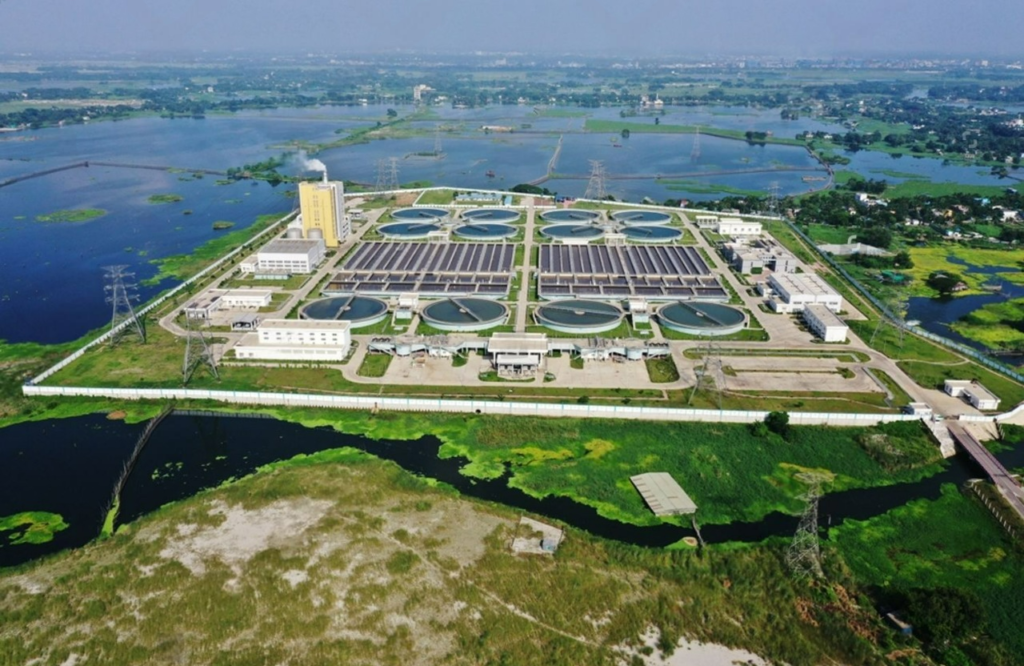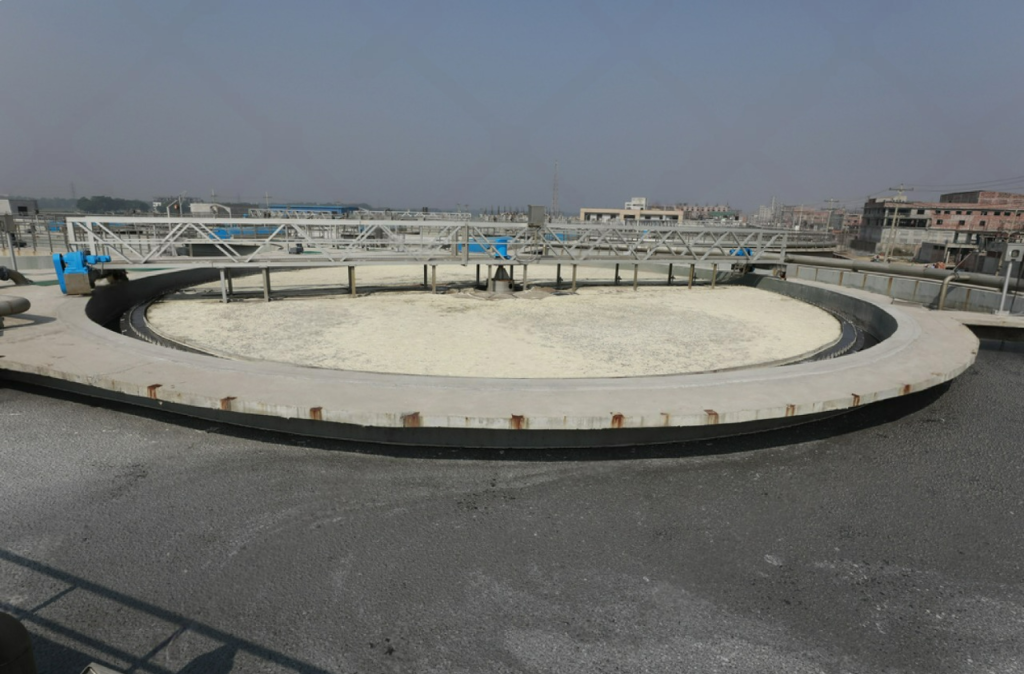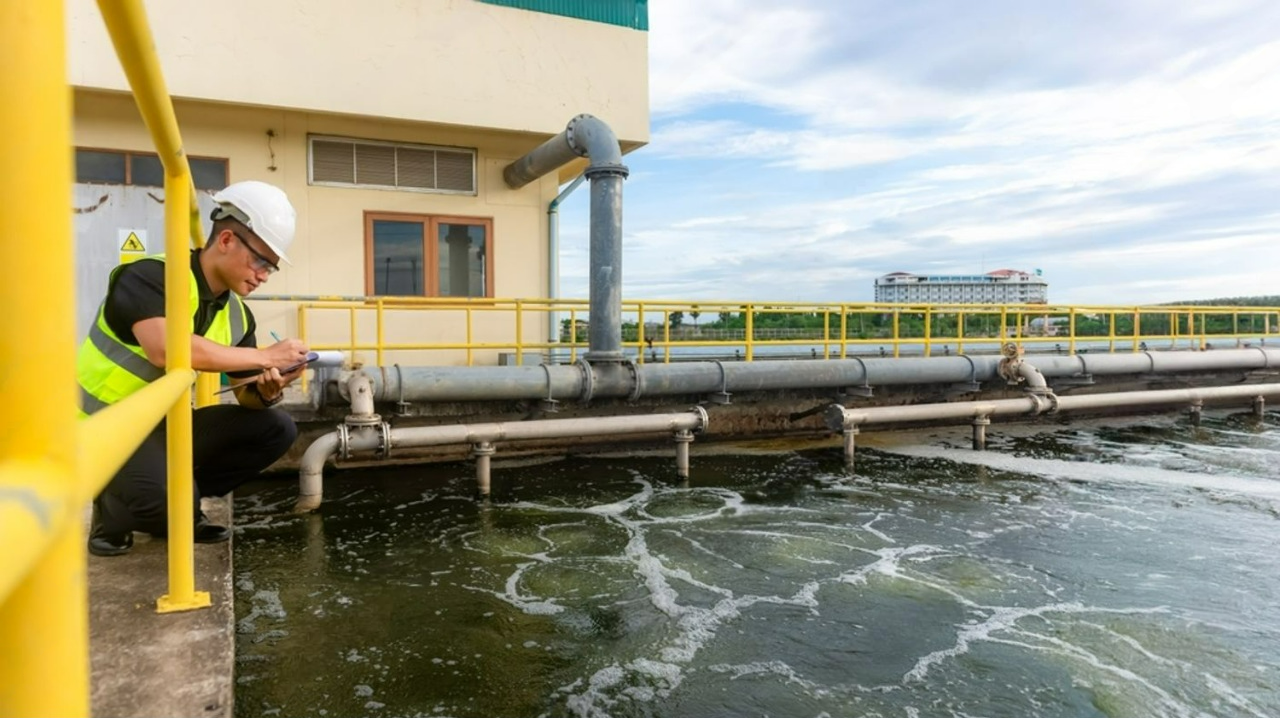Waste Water Treatment Plants play an important role in addressing the global water conservation challenge. Water conservation has become a critical global priority, due to the rising populations, urbanization, and climate change. The need for effective water management and reuse has been urgent while minimizing environmental harm.
Wastewater Treatment Plants play a vital role in addressing these challenges. By treating wastewater and removing harmful pollutants, these facilities enable water reuse for agricultural, industrial, and even household purposes.
We discuss the importance of Wastewater Treatment Plants in combating water scarcity. We also explore the technologies used, their contribution to water conservation, and the benefits of sustainable wastewater treatment systems.
What Are Waste Water Treatment Plants?
Wastewater Treatment Plants treat contaminated water to make it suitable for reuse or to discharge into the environment safely.
These plants ensure that wastewater does not harm natural ecosystems or public health. Their primary objectives include protecting water bodies from pollution and conserving water.
Types of Wastewater Treatment Plants
- Sewage Treatment Plants (STPs):
Sewage Treatment Plants are essential for urban water management. They treat municipal and domestic wastewater by removing organic matter, harmful bacteria, and excess nutrients that could pollute rivers, lakes, and oceans.

These plants help communities manage growing wastewater volumes while reducing reliance on natural water sources.
- Effluent Treatment Plants (ETPs):
Effluent Treatment Plants handle wastewater from industries like textiles, chemicals, and pharmaceuticals.

ETPs use methods such as chemical precipitation, membrane filtration, and biological treatments to ensure wastewater meets regulatory standards before reuse or discharge.
These plants conserve water for future use and minimize industrial impacts on the environment.
How Waste Water Treatment Plants Contribute to Water Conservation
Wastewater Treatment Plants have a vital role in conserving water by recycling and reusing water. Through a systematic process, these plants clean contaminated water into safe and usable water and reduce the demand for natural freshwater sources.
The Process of Water Recycling
- Primary Treatment: Removes solid waste by filtration method.
- Secondary Treatment: Removes organic pollutants by biological methods.
- Advanced Treatment: Includes filtration and disinfection to ensure the water meets strict quality standards.
The treated water is then suitable for non-potable applications, such as landscaping, industrial cooling, and irrigation.
Protecting Ecosystems and Preserving Resources
By processing and reusing wastewater, these plants prevent water loss and help to protect important ecosystems like rivers, lakes, and aquifers.
The cleaned water is discharged back into the environment and is free of harmful pollutants. It also maintains the natural water cycle and conserves limited resources for the coming generation.
Benefits for Communities and Industries
Recycled water from treatment plants has significant benefits:
- For Communities: It provides a sustainable solution for landscaping and agriculture and supports green spaces and crop growth without any dependence on drinking water sources.
- For Industries: It enables cost savings by using treated water for processes such as cooling and cleaning.
Environmental and Economic Benefits of Wastewater Treatment Plants
Wastewater Treatment Plants help to reduce freshwater usage and maintain water quality. These facilities offer some important environmental and economic advantages.
Environmental Benefits
- Reducing Freshwater Consumption
Reusing the cleaned and treated wastewater is a key strategy to address the growing global water demand. Wastewater treatment helps conserve freshwater by repurposing water for various applications.
- Preserving Aquatic Systems
High levels of nitrogen, phosphorus, and harmful microbes in untreated wastewater can harm aquatic ecosystems. Sewage treatment plants and effluent treatment plants remove such toxic pollutants and help protect water bodies. They also ensure safe discharge and preserve biodiversity.
- Enhancing Groundwater Recharge
Some wastewater treatment facilities help in aquifer recharge, where treated water is sent back into underground reservoirs. This replenishes groundwater levels, helping to reduce depletion and ensuring future availability.
Economic Benefits
- Cost Savings
As for businesses and municipalities, treated water is a sustainable and affordable alternative. Recycling treated water can help reduce the cost of freshwater procurement. This is especially vital in regions with high extraction costs or water shortages.
- Regulatory Compliance and Reputation
Modern effluent treatment plants help industries comply with environmental regulations. Compliance also enhances the reputation of businesses and makes them more interesting the consumers and stakeholders who are environmentally conscious.
How to Choose the Right Wastewater Treatment Company
Choosing the right partner for wastewater management is critical. Here are some factors to consider.
Expertise and Experience: From municipal sewage treatment plant operations to industrial effluent treatment plant challenges, proven knowledge in wastewater management ensures effective solutions for diverse needs
Customized Solutions: Offering personalized approaches is essential since customized solutions significantly enhance the efficiency of wastewater treatment.
Advanced Technology: The use of modern technologies, such as advanced filtration systems, biological treatments, and energy-efficient processes, maximizes treatment effectiveness.
For those seeking a trusted partner, Northamps stands out as Kerala’s leading wastewater management company. We deliver customized solutions designed to meet water conservation goals.
Conclusion
Wastewater Treatment Plants play a vital role in water conservation by reducing pollutants and addressing the growing global demand for clean water. Efficient wastewater treatment ensures the sustainability of water resources for future generations while protecting the environment.
As a trusted name in wastewater management, we at Northamps help you achieve your water conservation goals.


